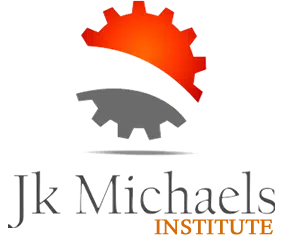Business process management Courses (BPM) is concerned with finding, modelling, analysing, measuring, optimising, and automating business processes through various techniques.
BPM is the term for any combination of techniques used to manage a business’s business operations. Procedures can be either unpredictable and unstructured or systematic and repeatable. Enabling technologies are frequently used with BPM but are not necessary.
According to this viewpoint, business process management (BPM) views processes as valuable organisational assets that must be developed, managed, and announced to offer clients and consumers value-added goods and services. This strategy is similar to other continuous improvement processes or comprehensive quality management approaches.
The process method to managing an organisation is encouraged by ISO 9000:2015.
Encourages the use of a process-oriented approach in the creation, execution, and enhancement of a quality management system to meet customer needs and increase customer satisfaction.
Advocates of BPM assert that technology may facilitate or reinforce this methodology. Because of this, academics and writers frequently discuss BPM from a human or technological perspective.
Workflow automation is how BPM simplifies corporate processes, whereas task recording is how RPA automates repetitive human operations. By utilising both technologies, organisations optimise their business automation and attain superior outcomes.
A discipline known as business process management (BPM) involves any combination of system, employee, customer, and partner modelling, automation, execution, control, measurement, and optimisation of business activity flows in support of enterprise goals. These activities can take place inside or outside of the enterprise boundaries.
BPM, according to the Association of Business Process Management Professionals, is:
The purpose of business process management (BPM) is to deliver consistent, targeted results that are in accordance with an organization’s strategic goals by using a disciplined approach to identify, develop, execute, document, measure, monitor, and control both automated and non-automated business processes. The development, improvement, innovation, and management of end-to-end business processes that generate value, drive business outcomes, and give an organisation greater agility in achieving its goals are all part of business process management (BPM), which is an intentional, cooperative, and increasingly technology-aided process. Through the enhancement of particular work tasks inside a department, throughout the enterprise, or between organisations, business process management (BPM) enables an organisation to better align its business processes with its business strategy, resulting in successful overall company performance.
